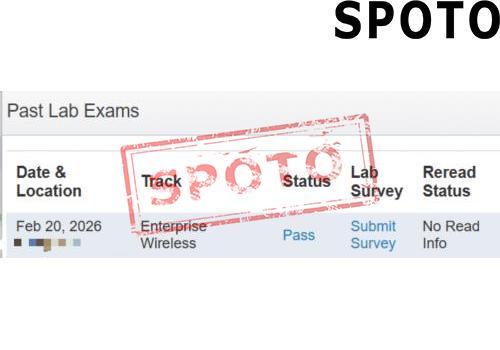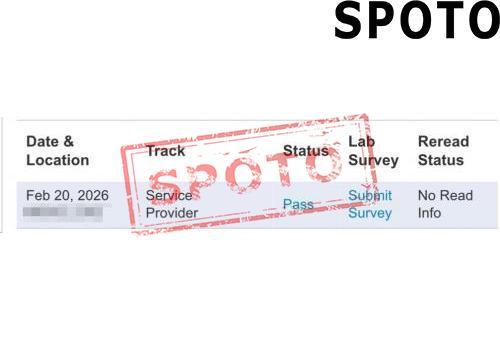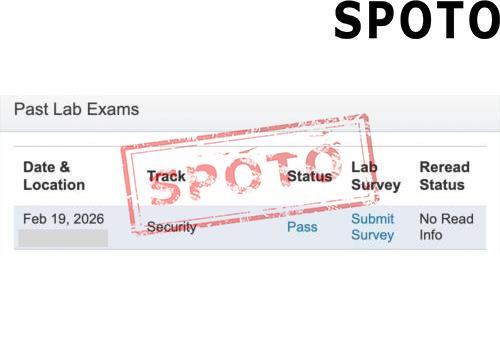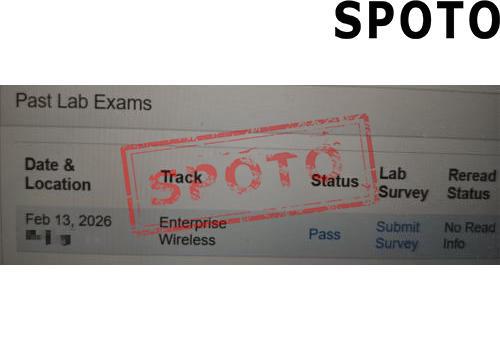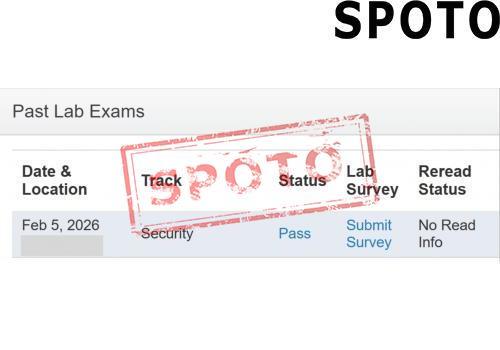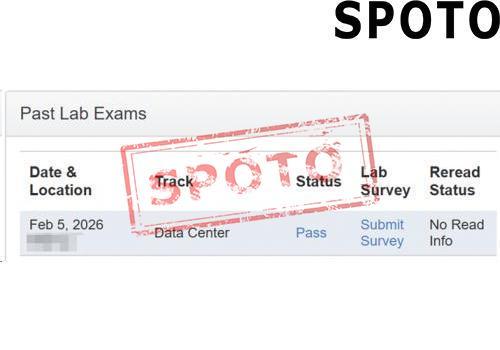
Table of Contents
The application and popularity of cloud computing has profoundly changed the operation mode and IT landscape of enterprises. Cloud computing provides easy scalability, lower hardware costs, and higher operational elasticity. This has led to a rapid growth in interest in cloud engineers, who bridge the gap between traditional IT and cloud infrastructure. They ensure that organizations can fully exploit the potential of cloud computing while maintaining efficiency, cost-effectiveness, and scalability.
1. What is a cloud engineer?
A cloud engineer is an IT specialist who builds and maintains cloud computing applications and infrastructure. As a cloud engineer, you will work behind the scenes, primarily designing and building IT infrastructure for an enterprise and setting up and maintaining an organization's cloud services and cloud service systems.
Are you also curious about the daily job responsibilities of a cloud engineer? Let's take a look at them in detail. The roles and responsibilities of a cloud engineer involve a variety of tasks that are performed on a daily basis. The responsibilities of a cloud engineer include, but are not limited to: creating and integrating cloud-based applications that meet company requirements and allow all network users to communicate and access data securely; regularly using various network tools to assess the security and possible risks of the enterprise network; keeping a close eye on the progress in the field of cloud computing, and working with cloud engineers and other team members to create and maintain cloud applications to provide the best cloud computing solutions for enterprises and customers; maintaining and storing the company's data information through cloud computing; automating specific system operations to improve efficiency and speed; developing, building, and implementing cloud-based modular applications; regularly evaluating computer systems and providing performance enhancement recommendations, etc.; providing necessary cloud support services to help enterprises use applications in new ways, etc.
In order to be competent for the above-mentioned work content, cloud engineers need to have comprehensive professional skills.To become an excellent cloud engineer, you often need to have good professional skills. Including but not limited to, proficiency in various programming languages Java, Python, C++, JavaScript (deep professional knowledge) Python, Shell scripts, PowerShell (working knowledge) to maintain cloud platforms and cloud infrastructure; have a solid reserve of core network knowledge, and have a deep understanding of data structures, algorithms, software architectures, cloud platforms, and network security operation processes. Ability to independently design and maintain specific network frameworks and tools, such as Git, Docker, development frameworks Terraform, Kubernetes, and CloudFormation. In addition, good soft skills, problem solving, teamwork, system thinking, and project management capabilities can also make you stand out in internal organizational cooperation and communication.
2. How to become a cloud engineer
Becoming a cloud engineer often requires your resume to have conditions that attract employers. Education is often the foundation and stepping stone. The profession of cloud engineer usually requires job seekers to have a bachelor's degree in computer science, information engineering and other fields. Larger companies will also require job seekers to have higher education or professional certification. Secondly, your internship experience and work content can convey the signal that you have the ability to get started faster during the interview. Therefore, it is best to accumulate more practical experience to enrich your resume during school or work. Furthermore, professional skills are still the core workplace competitiveness. You need to consolidate your professional skills, especially the relevant skills in the above-mentioned cloud computing field. Finally, we must continue to pay attention to the changes in the requirements and needs of the employment market and the macro environment for talents, and turn passivity into initiative.
3. Job prospects and salaries for cloud engineers
As the demand for cloud migration continues to rise among all types of companies (from startups to large state-owned enterprises and multinational corporations) (such as AWS, Azure, Alibaba Cloud, Tencent Cloud, Huawei Cloud, etc.), this has directly led to a large demand in the job market for talents in cloud infrastructure, operation and maintenance, network, deployment, security, etc.The global cloud computing market is expected to reach $832 billion by 2026More than 94% of enterprises use cloud services (including hybrid cloud), and by 2026, the world will have a shortage of more than 4 million cloud-related technical personnel.
The average hourly wage for a Cloud Engineer in the United States will be $62.89. The hourly wage range for Cloud Engineers is between $87.26 and $23.56. And, the average Cloud Engineer salary varies greatly (up to 18%). This means there are many opportunities for advancement and increased pay based on skill level, location, and years of experience.
4. What certifications do cloud engineers need?
Possessing a professional certification that is highly relevant and valuable can help you open doors to companies and jobs and achieve better career advancement.CCIE Data Center (Cisco Certified Internet Expert: Data Center) is one of the world's top IT network certifications. Its deep knowledge in infrastructure, virtualization, network automation, hybrid cloud connectivity, etc. is of great help in becoming a senior cloud engineer or cloud architect.
